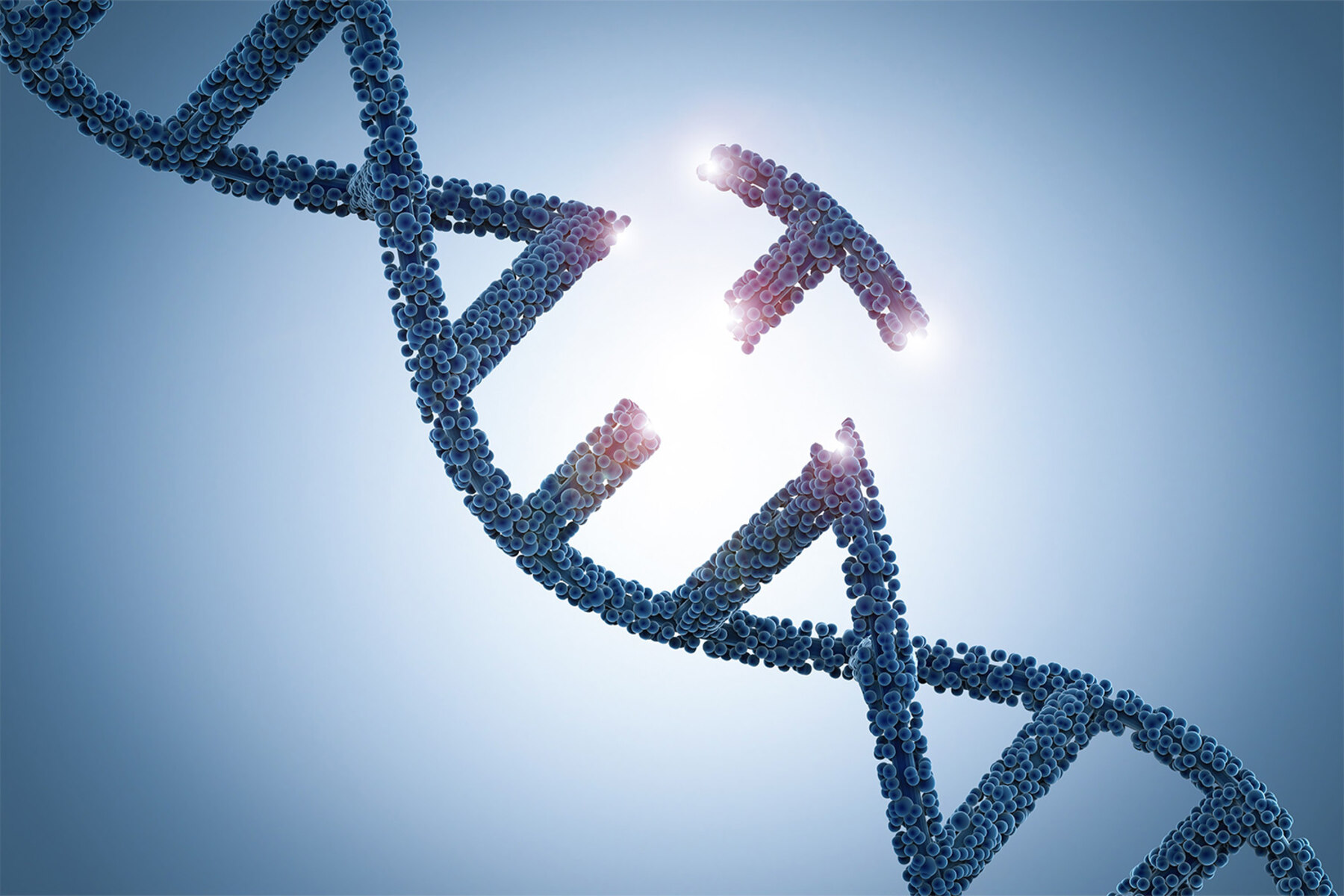
Mutation, a term widely used in the field of biology, refers to the process by which changes occur in the DNA sequence of an organism. It is a natural phenomenon that plays a crucial role in evolution, genetic diversity, and the development of different species. Mutations can lead to a wide range of outcomes, both beneficial and detrimental, shaping the characteristics and traits of living organisms.
In this article, we will explore 13 unbelievable facts about mutation that will challenge your understanding of the biological world. From the bizarre mutations found in animals to the fascinating ways in which mutations have influenced human evolution, we will delve into the depths of this intriguing topic. So, get ready to be amazed by the astonishing world of mutations and discover the extraordinary ways in which they have shaped life as we know it.
Key Takeaways:
- Mutations are the superheroes of evolution, creating genetic diversity and driving the adaptation of species to changing environments. They can be both helpful and harmful, shaping the diversity of life on Earth.
- Mutations are like genetic treasure chests, holding the key to new traits and species. They can be inherited, studied in the lab, and even play a role in cancer development, making them a fascinating and essential part of biology.
Mutations are the driving force of evolution.
Mutations are the primary source of genetic variation in living organisms, which is essential for natural selection and the process of evolution. Without mutations, species would not be able to adapt to changing environments.
Mutations can be caused by various factors.
While mutations can occur spontaneously during DNA replication, they can also be induced by exposure to certain chemicals, radiation, or even viruses. These external factors can increase the rate of mutations and have significant impacts on genetic diversity.
Some mutations can have beneficial effects.
Contrary to popular belief, not all mutations are harmful. Occasionally, a mutation can provide an advantage to an organism, such as increased resistance to diseases or improved ability to obtain food. These beneficial mutations can lead to evolutionary advantages and survival advantages for certain individuals.
Mutations can also be harmful.
On the other hand, many mutations can have detrimental effects on an organism. They can disrupt the normal function of genes, leading to genetic disorders, developmental abnormalities, or increased susceptibility to diseases.
Mutations can be classified into different types.
There are several types of mutations, including point mutations, insertions, deletions, duplications, and inversions. Each type has different effects on the DNA sequence and can result in various phenotypic changes.
Mutations can occur in any organism.
From bacteria to plants, animals to humans, mutations can happen in any living organism. The frequency and types of mutations may vary across species, but the fundamental process of mutation remains the same.
Mutations can be inherited.
Some mutations can be passed down from one generation to the next. These heritable mutations can accumulate over time and contribute to the genetic diversity within a population.
Mutations can lead to the development of new traits.
Through the process of mutation, organisms can acquire new genetic traits that were not present in their ancestors. This can eventually lead to the formation of new species and the diversification of life on Earth.
Mutations can occur in non-coding regions of DNA.
Not all mutations affect the coding regions of DNA. Mutations can occur in non-coding regions, such as regulatory sequences or introns, and still have significant impacts on gene expression and overall biological function.
Mutations can be a valuable tool in scientific research.
Scientists can intentionally induce mutations in the laboratory to study gene function, understand disease processes, and develop new treatments. These experiments help advance our knowledge of genetics and contribute to medical advancements.
Mutations play a role in cancer development.
Many cancers are caused by genetic mutations that disrupt the normal regulation of cell growth and division. Understanding the specific mutations involved in cancer can aid in the development of targeted therapies and personalized medicine.
Mutations can occur in sex cells.
When mutations occur in egg or sperm cells, they can be passed on to offspring. This can lead to genetic disorders or the inheritance of beneficial traits from parents.
Mutations shape the diversity of life.
Without mutations, life on Earth would be much less diverse. The constant introduction of genetic variation through mutations allows for the adaptation of species to ever-changing environments and is a crucial driver of biological evolution.
Conclusion
In conclusion, mutations are fascinating and complex phenomena that occur within the field of biology. They play a crucial role in the evolution of species, allowing for genetic variability and adaptation to changing environments. From the small-scale changes in DNA sequences to the large-scale chromosomal rearrangements, mutations shape the diversity of life on Earth.
While some mutations may have detrimental effects and lead to diseases, others contribute to beneficial traits that enhance survival and fitness. Understanding the mechanisms and consequences of mutations is essential in various areas of biological research, including genetics, evolutionary biology, and molecular biology.
As scientists continue to delve deeper into the study of mutations, we can expect to uncover even more fascinating facts and gain new insights into the complex web of genetic variation and inheritance.
FAQs
1. What causes mutations?
Mutations can be caused by numerous factors such as exposure to radiation, chemical agents, viruses, errors during DNA replication, and environmental factors.
2. Are all mutations harmful?
No, not all mutations are harmful. While some mutations can lead to genetic disorders, many mutations are neutral or can even be beneficial, contributing to the diversity and adaptation of species.
3. Can mutations occur in all organisms?
Yes, mutations can occur in all living organisms. From bacteria to plants, animals, and humans, mutations are a fundamental biological process that contributes to genetic diversity.
4. How do mutations impact evolution?
Mutations provide the raw material for evolutionary change. They introduce new genetic variations into populations, allowing for natural selection to act upon these variations and drive adaptive evolution.
5. Can mutations be inherited?
Yes, mutations can be inherited. They can be passed on from parents to offspring and become a permanent part of the genetic makeup of a population.
Was this page helpful?
Our commitment to delivering trustworthy and engaging content is at the heart of what we do. Each fact on our site is contributed by real users like you, bringing a wealth of diverse insights and information. To ensure the highest standards of accuracy and reliability, our dedicated editors meticulously review each submission. This process guarantees that the facts we share are not only fascinating but also credible. Trust in our commitment to quality and authenticity as you explore and learn with us.


